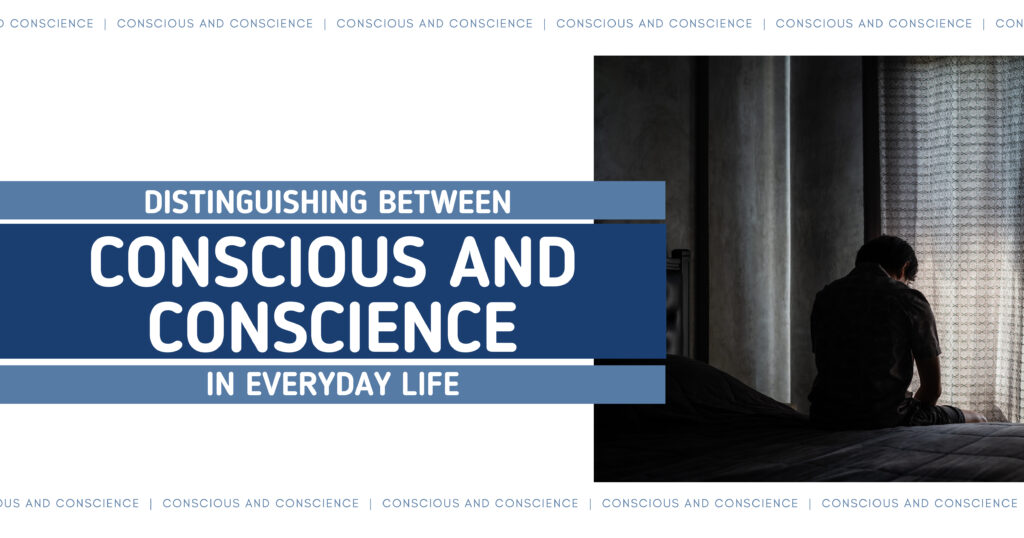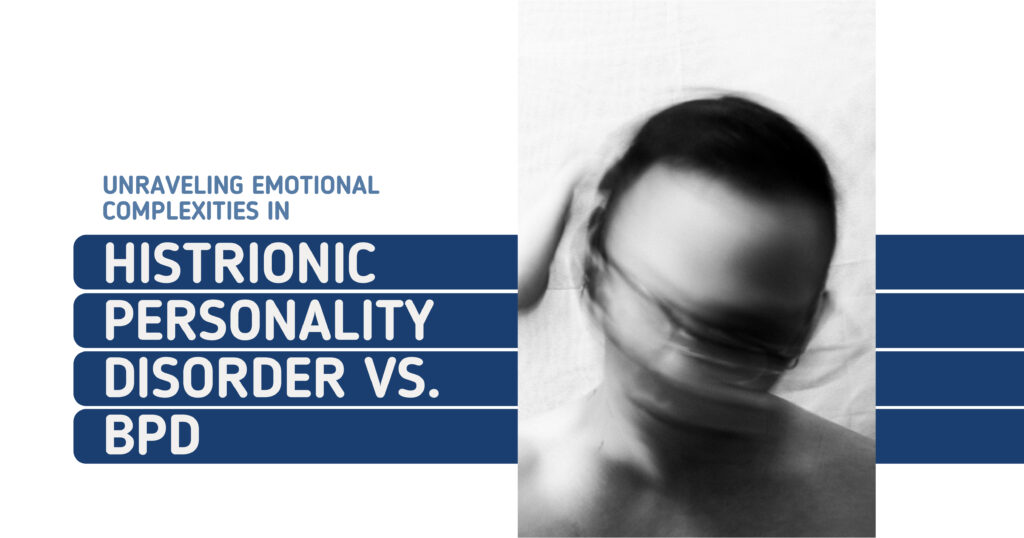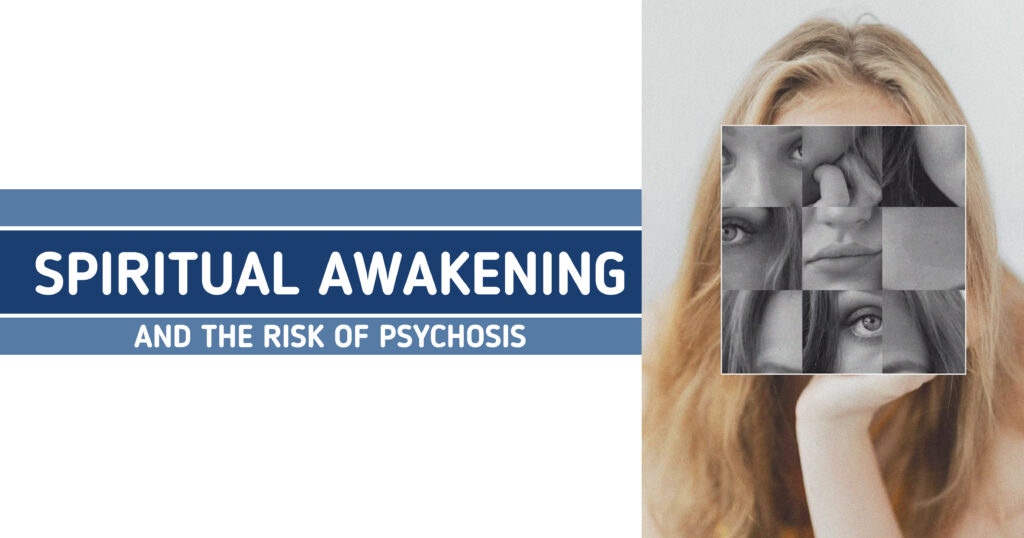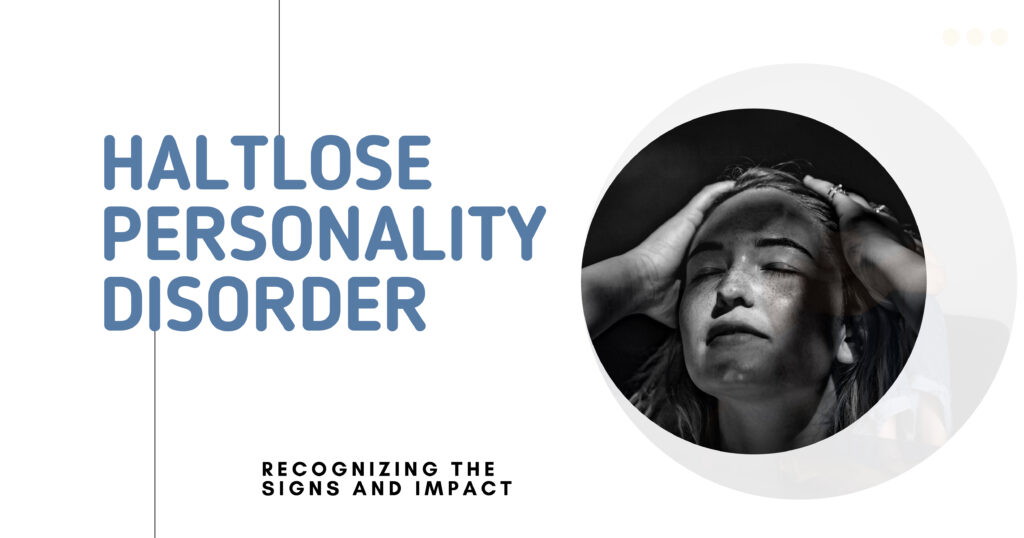The terms “conscious” and “conscience” are often confused, yet they play distinct roles in shaping our thoughts, actions, and moral decisions. Understanding the meaning and differences between these concepts can enhance self-awareness and guide ethical behavior. This blog explores the definitions, roles, and practical distinctions of consciousness vs conscience, offering insights into how they influence daily life.
Defining Conscious and Conscience
To grasp the differences between consciousness and conscience, let’s start with clear definitions:
- Conscious: Refers to the state of being aware of one’s surroundings, thoughts, and actions. It involves the mind’s ability to perceive and process information actively.
- Conscience: Acts as an internal moral compass, guiding decisions based on ethics and values. It’s the inner voice that evaluates right from wrong.
The table below summarizes their core attributes:
| Aspect | Consciousness | Conscience |
| Definition | Awareness of self and environment | Moral judgment of right and wrong |
| Function | Perception, attention, decision-making | Ethical evaluation, guilt, or approval |
| Example | Noticing a loud noise | Feeling guilty for lying |
These definitions highlight how conscious awareness drives perception, while conscience shapes moral decisions.
San Diego Mental Health
The Role of Consciousness in Daily Activities
Consciousness is the foundation of everyday functioning. It allows individuals to engage with their environment, make decisions, and reflect on experiences. For instance, when driving, a conscious mind processes traffic signals, while in a meeting, it focuses on discussions.
Key ways consciousness influences daily life include:
- Attention: Directing focus to tasks, like reading this blog.
- Decision-Making: Choosing actions based on awareness, such as selecting a healthy meal.
- Self-Reflection: Evaluating past actions to improve future behavior.
An article from Scientific American explains that consciousness integrates sensory input and memory to create a cohesive experience, enabling adaptive responses.
Conscience: Your Inner Moral Compass
Conscience operates as an ethical guide, often manifesting as an inner voice that prompts moral reflection. It’s shaped by upbringing, culture, and personal values. For example, a person might feel uneasy after ignoring a homeless person’s plea, signaling their conscience at work.
Conscience influences behavior through:
- Moral Evaluation: Assessing actions against ethical standards.
- Guilt or Approval: Triggering emotions that reinforce or deter behaviors.
- Ethical Growth: Encouraging alignment with personal values over time.
The table below illustrates how conscience functions in different scenarios:
| Scenario | Conscience’s Role | Outcome |
| Witnessing unfair treatment | Urges speaking out | Promotes justice |
| Cheating on a test | Triggers guilt | Encourages honesty in future |
| Helping a stranger | Provides satisfaction | Reinforces altruistic behavior |
Common Mistakes in Using Conscious and Conscience
The similarity in spelling and pronunciation leads to frequent misuse. Common errors include:
- Using “conscious” when referring to moral guilt (e.g., “I’m conscious about lying” instead of “I have a guilty conscience”).
- Using “conscience” for awareness (e.g., “I wasn’t conscience of the time” instead of “I wasn’t conscious of the time”).
These mistakes can obscure communication. To avoid them, associate “conscious” with awareness and “conscience” with ethics.

How Language Shapes Our Understanding of Conscious and Conscience
Language influences how we perceive these concepts. In English, “conscious” derives from Latin “conscire” (to know with), emphasizing awareness, while “conscience” ties to moral knowledge. Cultural nuances also play a role – some languages use a single term for both, blurring distinctions.
A 2024 study from Psychology Today notes that precise language enhances self-awareness and ethical clarity. Using “conscious” and “conscience” correctly fosters better communication and introspection.
Practical Examples to Illustrate the Differences
To clarify conscious vs conscience, consider these scenarios:
- Morning Routine: You’re conscious of waking up, brewing coffee, and checking emails. If you skip a workout, your conscience might nudge you with guilt for neglecting health goals.
- Workplace Dilemma: You’re conscious of a colleague’s mistake during a project. Your conscience urges you to address it tactfully rather than ignore it.
- Social Interaction: At a party, you’re conscious of a friend’s discomfort. Your conscience prompts you to check in, ensuring they feel included.
These examples show consciousness as the lens of awareness and conscience as the moral filter guiding actions.
San Diego Mental Health
Mindful Living With San Diego Mental Health
Navigating the interplay of conscious awareness and conscience can enhance personal growth and ethical living. At San Diego Mental Health, we support individuals in cultivating mindfulness and moral clarity through tailored mental health services.
Whether you’re seeking to deepen self-awareness or align actions with values, our team is here to help. Contact San Diego Mental Health today to learn more or schedule a consultation.

FAQs
What is the difference between conscious awareness and self-awareness in terms of ethical intention and inner voice?
Conscious awareness involves perceiving external stimuli and internal thoughts, while self-awareness reflects deeper insight into one’s emotions and motives. In terms of ethical intention, self-awareness aligns actions with the inner voice of conscience, fostering deliberate moral choices. Conscious awareness, however, may not always involve ethical reflection.
How does mindfulness enhance our understanding of morality and intuition?
Mindfulness sharpens conscious awareness, allowing individuals to observe thoughts and emotions without judgment. This clarity strengthens the connection to conscience, enhancing moral decision-making and intuition. Regular practice fosters a balanced mind, attuned to ethical values.
Can someone possess a strong conscience without being fully conscious of their actions?
Yes, a strong conscience can operate subconsciously, prompting moral reactions even when someone isn’t fully aware of their actions. For example, a person might instinctively avoid harm due to ingrained ethics. However, conscious awareness amplifies the ability to act on conscience deliberately.
How do ethical intentions relate to the concepts of conscious decision-making and inner voice?
Ethical intentions stem from the conscience’s inner voice, guiding conscious decision-making toward moral outcomes. Conscious decision-making involves weighing options with awareness, while the inner voice provides ethical direction. Together, they ensure actions reflect personal values.
San Diego Mental Health
In what ways does self-awareness play a role in developing our sense of morality and intuition?
Self-awareness enables individuals to reflect on their values, emotions, and behaviors, strengthening their moral framework. By understanding personal triggers and biases, one can better align actions with conscience, enhancing intuition. This reflective process fosters ethical growth and intuitive decision-making.








